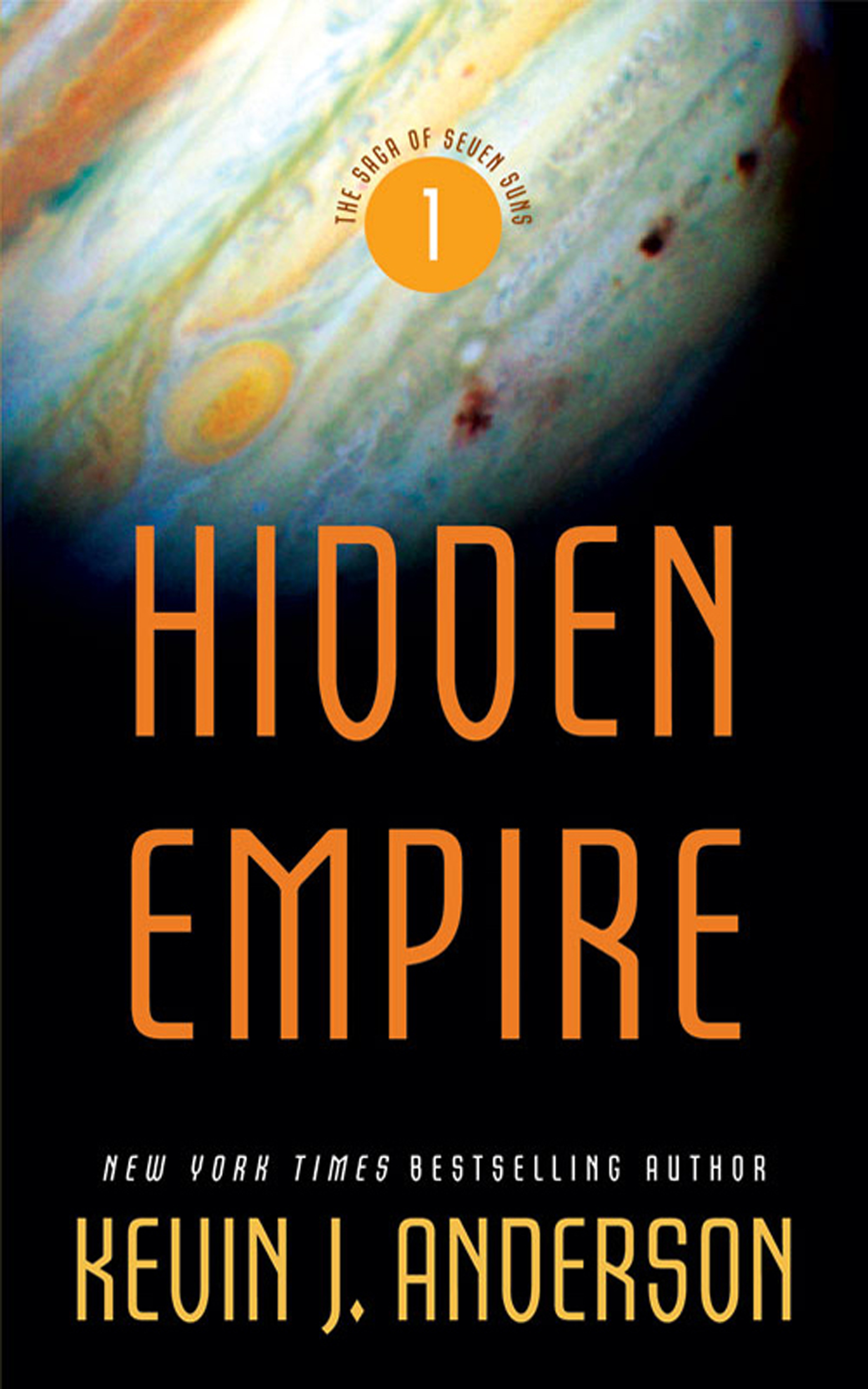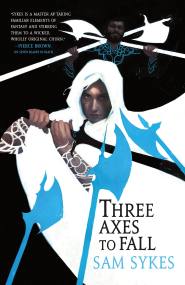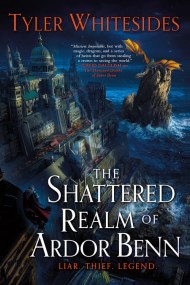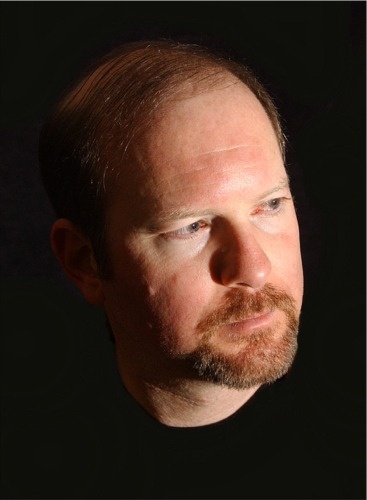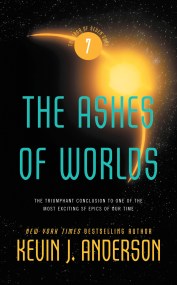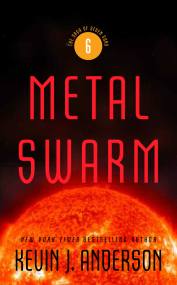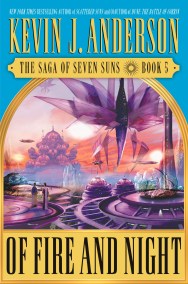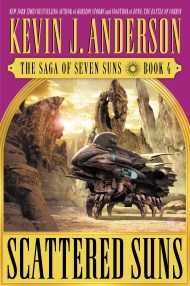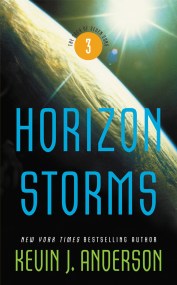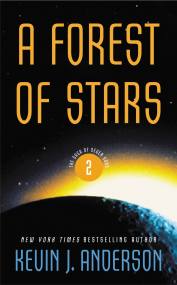Promotion
Sign up for our newsletters to receive 20% off! Shop now. Exclusions apply.
By clicking “Accept,” you agree to the use of cookies and similar technologies on your device as set forth in our Cookie Policy and our Privacy Policy. Please note that certain cookies are essential for this website to function properly and do not require user consent to be deployed.
Hidden Empire
The Saga of Seven Suns - Book 1
Contributors
Formats and Prices
Price
$8.99Price
$11.99 CADFormat
Format:
- ebook $8.99 $11.99 CAD
- Trade Paperback $9.00 $11.00 CAD
This item is a preorder. Your payment method will be charged immediately, and the product is expected to ship on or around July 24, 2002. This date is subject to change due to shipping delays beyond our control.
Also available from:
In our galaxy's distant future, humans are one of three known intelligent races. Having had the ability to navigate star travel for only a few centuries, we are considered "the new kids on the block" in a long-established universe. The second intelligent race is the Ildirans, who are ruled by their Mage-Imperator; and the third race, the Klikiss, seems to have vanished and left behind a world full of artifacts and remarkable technology, which humans are now beginning to find and utilize.
One such piece of technology is a device that has the power to turn a gaseous and useless supergiant planet into a small sun, thereby creating a new solar system in which humans can live. But when the device is tried for the first time, it awakens the wrath of a previously unsuspected fourth race, the Hydrogues — and a galaxy-spanning war that threatens all life begins.
Genre:
Series:
- On Sale
- Jul 24, 2002
- Page Count
- 464 pages
- Publisher
- Grand Central Publishing
- ISBN-13
- 9780759527218
Newsletter Signup
By clicking ‘Sign Up,’ I acknowledge that I have read and agree to Hachette Book Group’s Privacy Policy and Terms of Use

